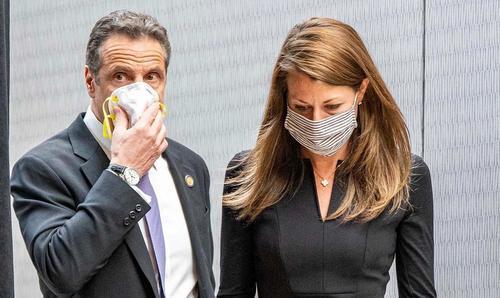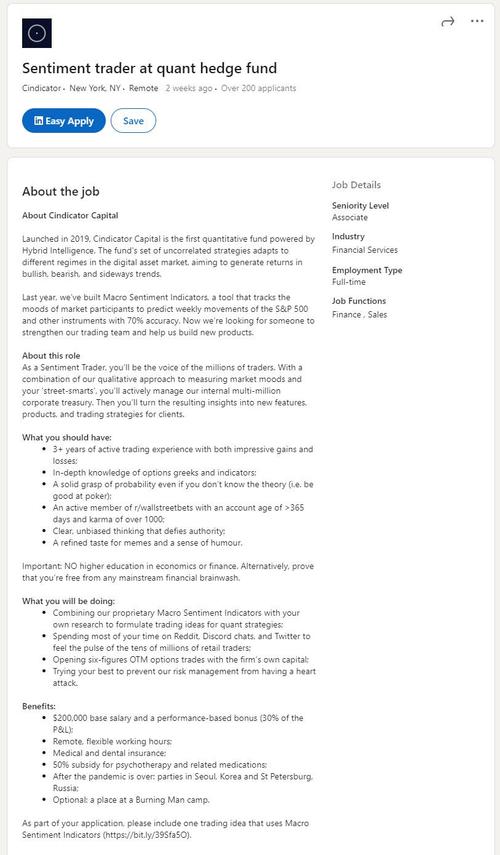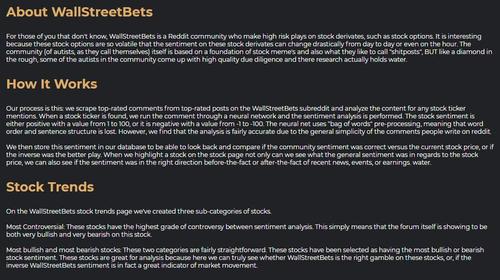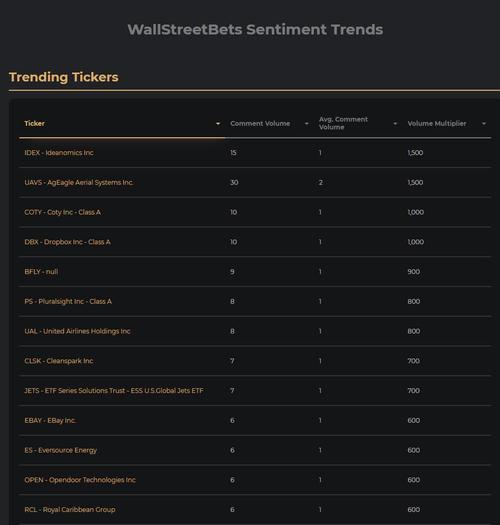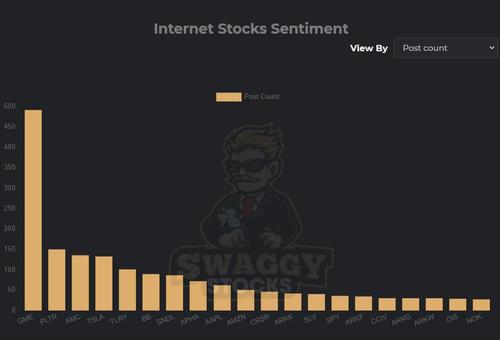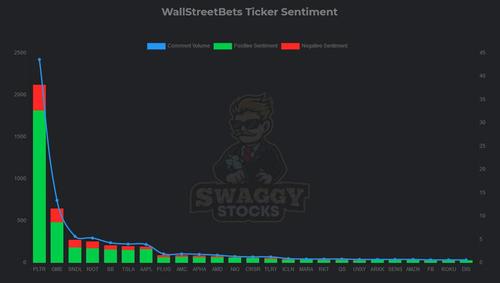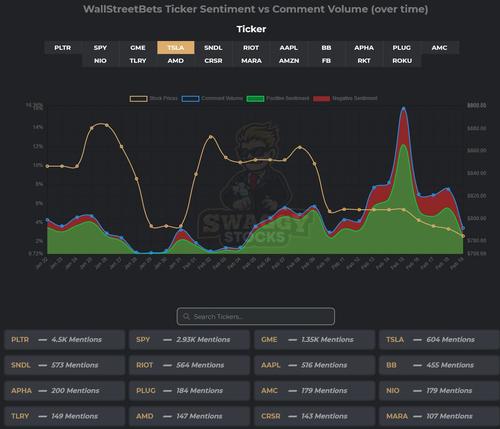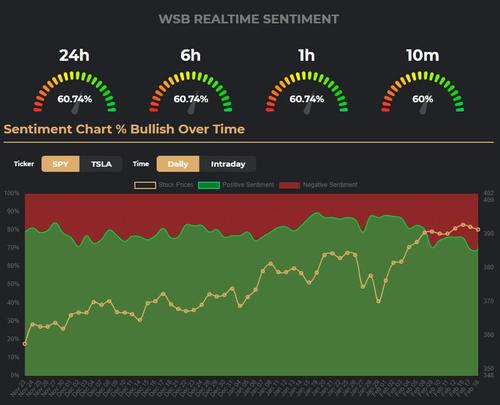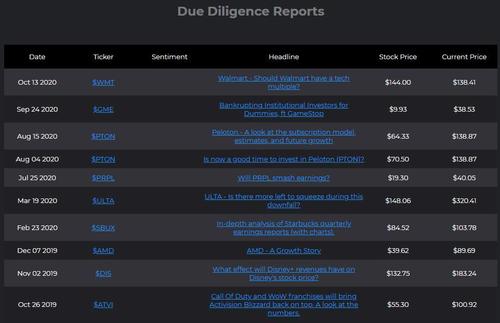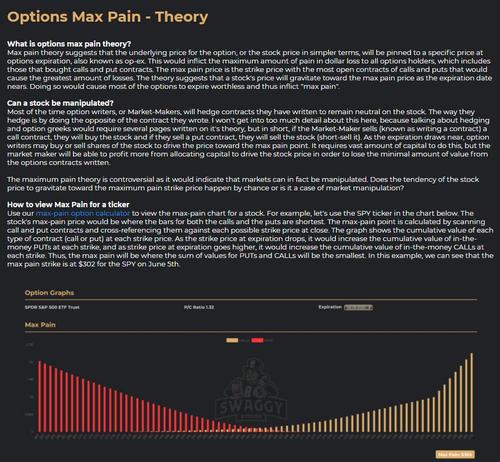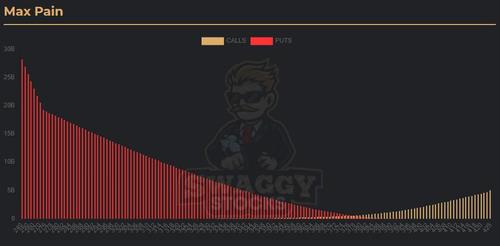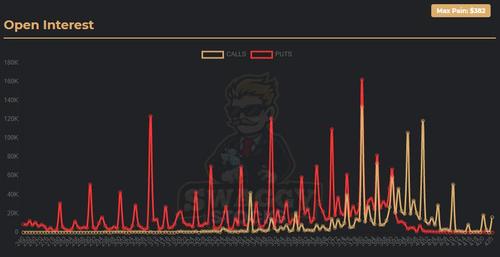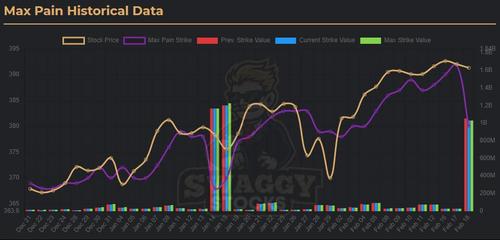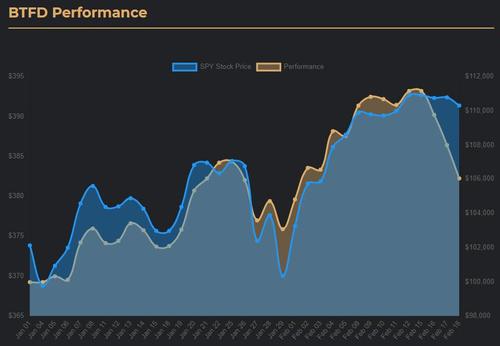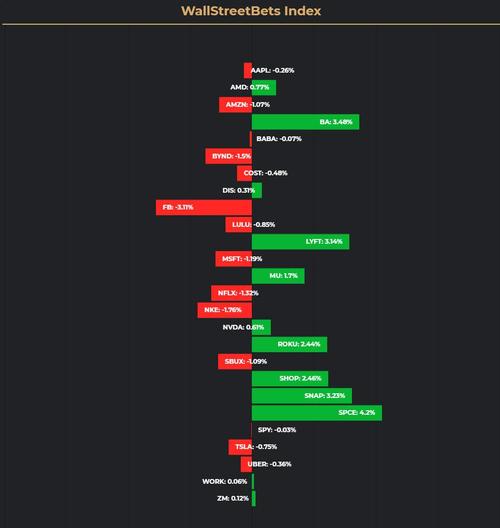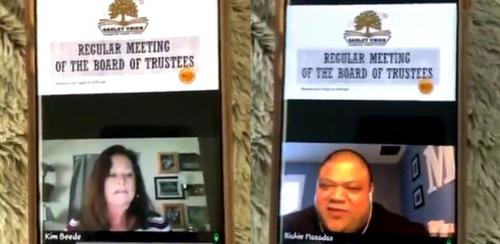Please enjoy the latest edition of Short Circuit, a weekly feature from the Institute for Justice.
Friends, qualified immunity is not our favorite doctrine; in fact, it’s among our least favorite. (We might even go so far as to say it’s worse than Noerr-Pennington, though certainly reasonable minds might quibble.) Which is why IJ has drafted model legislation that legislators can use to reform (or nuke) the doctrine. And we’re pleased to report that a bill that hews closely to our model bill passed New Mexico’s House of Representatives this week. Among other highlights, the bill gives victims a remedy when gov’t employees violate their constitutional rights and requires gov’t agencies (or their insurers) to cover the cost of litigation and any judgments, rather than imposing personal liability on gov’t employees. Click here to learn more.
New on the Short Circuit podcast: Thanks to special guest Ed Walters of Georgetown Law we finally live up to the 1980s-movie-sense of our name and talk robot law.
- The Horse Protection Act bans intentionally injuring horses’ limbs so they have fancy gaits in shows and exhibitions. But the law is enforced before administrative law judges who, under a recent Supreme Court case, haven’t been strictly speaking constitutionally appointed. The feds now admit that, in a prosecution that began in 2017, the ALJs it used were not-okay (but only kind of not-okay). Do they get a re-do in front of new ALJs? D.C. Circuit: Yes. Petitioners didn’t raise the constitutional issue they now seek to press below, and so it is waived. Concurrence: You don’t have to preserve constitutional issues because ALJs can’t do anything with them anyway.
- Plaintiffs challenge new federal rules protecting free speech and due process rights in “Title IX Hearings.” Free speech groups move to intervene, claiming the feds will not adequately protect their interests. District court denies motion before any response with sparsely written order. First Circuit: Affirmed. When it comes to the gov’t we gotta assume it’s here to help. Plus, even though district court didn’t have great reasons, we came up with some.
- In 2020, New York repealed section 50-a of its Civil Rights Law, which shielded police disciplinary records from disclosure under the state’s Freedom of Information Law. New York Police Union: If our disciplinary files are made public, our members will have a hard time getting jobs! Second Circuit: Sounds like that one’s on you guys.
- Convicted mafioso fights deportation to Italy, arguing that if he’s sent back, he’ll face the country’s “41-bis prison regime,” a highly restrictive form of solitary confinement that he alleges violates the international Convention Against Torture. Second Circuit: It’s bad, but it’s not torture. Dissent: Isn’t it, though?
- Texas law allows officers of religious organizations—but not secular celebrants—to conduct marriage ceremonies, a prohibition that the Dallas County Clerk enforces by refusing to record marriage licenses signed by secular celebrants. Secular celebrants sue, seeking order requiring clerk to record marriages they officiate. Fifth Circuit: Because the law also criminalizes the secular celebrants’ conduct, and they didn’t also sue to enjoin those criminal penalties, ordering the clerk to record the marriages won’t completely redress their injury and thus they lack standing.
- Can a case ripen while on appeal? Or must it be dismissed and the plaintiff required to file a new case? Fifth Circuit: Since the plaintiff gets to litigate the claim in either case, it’s tough for us to see what’s wrong with remanding the existing lawsuit.
- Two Goliad County, Tex. sheriff’s deputies pursue a man and allegedly beat him after he surrenders. He sues. District court: A police car’s dashcam video “substantially contradicted” the man’s account. Qualified immunity! Fifth Circuit: What? The dashcam didn’t record the altercation at all. To trial the case must go.
- Two teenagers walking home from a party are killed in an El Paso, Tex. drive-by shooting in 1993. Through coercive tactics (including threatening prison rape and the electric chair), officers obtain witness statements implicating a 16-year-old and then a confession from him (that he recants within hours). No physical evidence implicates him, but loads of evidence point to two brothers. The teen is convicted, sentenced to two life sentences. Texas courts overturn his convictions; he’s tried again and acquitted. All told, he spends nearly 20 years in prison for crimes he did not commit. Fifth Circuit: His lawsuit against the officers can go forward. (More details on the case from the district court opinion.)
- The Sixth Circuit is willing to put scare quotes around the “books” that this roadside adult bookstore purveys, but it is not willing to let Kentucky impose content-based restrictions on its signage.
- In 2017, Arkansas enacted a law requiring government contractors to certify that they won’t boycott Israel. Would-be contractor: That violates our First Amendment rights. Eighth Circuit: When it comes to boycotts, there might be some tricky lines between commercial activity (not protected by the First Amendment) and speech (protected). But Arkansas’s law potentially covers activities like posting anti-Israel signs and even publicly criticizing the law itself. So to that extent, at least, the law is unconstitutional. Dissent: Read most naturally, the law doesn’t reach the speech conjured up by the majority.
- Stiffed in the suburbs, a St. Louis cabbie places a late-night call to the cops. Two officers arrive, search the neighborhood for the fare-skipper, notice that one house has a slightly open door, and enter the home with guns drawn. Displeased, the rudely awakened residents (who were not cabbie stiffers) sue. Eighth Circuit: Under the “community caretaker” exception to the Fourth Amendment, the officers enjoy qualified immunity for entering the garage. But barging into the house itself? That’s beyond the pale. Kobes, J., concurring and dissenting: No qualified immunity for any of it.
- Missouri only lets licensed in-state retailers deliver alcohol directly to Missouri consumers. Out-of-state retailers: That violates the Dormant Commerce Clause and the Privileges and Immunities Clause. Eighth Circuit: No it doesn’t and no it doesn’t.
- New Arizona resident wants to register to vote in the 2016 election. Uh oh! The last day for voter registration in 2016 fell on Columbus Day! Was the state required to accept registrations submitted the following business day? Ninth Circuit: It was not (though the state has wisely corrected this problem).
- Huntington Beach, Calif. police officer sees a man standing on the sidewalk wearing a sweater on a warm day, decides to investigate. A melee ensues, and the cop shoots the man without warning six times, followed by a warning and then a seventh shot. The man dies. In this context, the Ninth Circuit provides a primer on the differences between California negligence law and the Fourth Amendment and allows the negligence claim to go to trial.
Last summer, officials in Sierra Vista, Arizona ordered residents to leave their homes within 30 days. These residents are elderly, disabled, or living on a fixed income, and there is nothing wrong with their homes. The city simply decided that the best time to begin enforcing a long-unenforced provision of its zoning code was during a pandemic. The code bans living in certain kinds of trailer homes in one part of the neighborhood, but not the other. This means the residents will all be forced to move, including off land they own free and clear, to rent worse property just down the street which costs more and which they can’t afford. Moreover, the neighborhood is chock-full of abandoned and derelict properties the city has ignored. Instead, it is focusing its resources on kicking people out of well-maintained homes. This week, IJ filed suit in state court. If the city is going to force people out of their homes, Arizona’s Constitution demands that officials have a good reason. Click here to read more.
from Latest – Reason.com https://ift.tt/2Nnp8U7
via IFTTT


